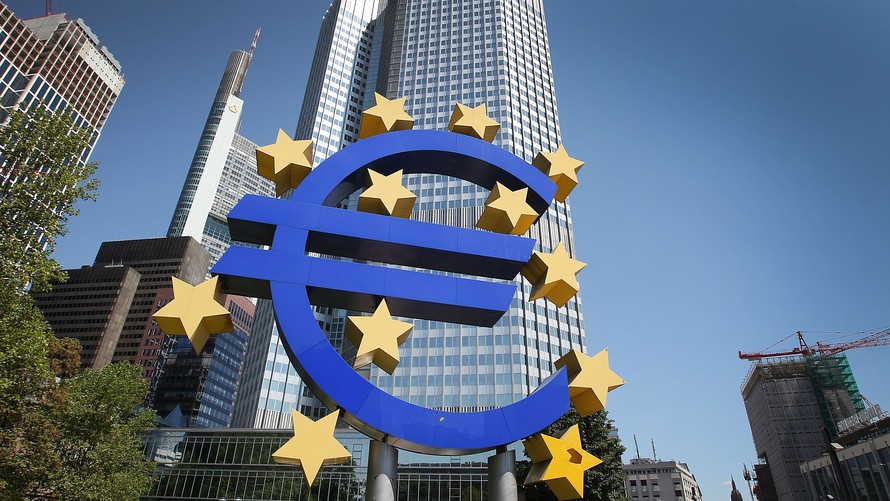The European Union has fined U.S. tech giants Apple and Meta a combined €700 million (approximately $799 million) for violating the bloc’s digital competition rules under the newly enforced Digital Markets Act (DMA).
Announced on Wednesday by the European Commission, the executive arm of the EU, Apple was fined €500 million ($571 million), while Meta received a €200 million ($228.4 million) penalty. The Commission stated the fines stemmed from each company’s failure to comply with specific obligations designed to curb anti-competitive practices in the digital sector.
Apple Penalized Over “Anti-Steering” Practices
According to EU officials, Apple breached the DMA’s anti-steering rules, which require gatekeeper platforms to allow developers to inform users about alternative purchasing options outside of the platform’s ecosystem — in this case, Apple’s App Store.
The Commission ordered Apple to remove both technical and commercial barriers that restrict developers from steering users to other offers and to avoid repeating this behavior.
Apple responded sharply, stating it would appeal the fine.
“Today’s announcements are yet another example of the European Commission unfairly targeting Apple in a series of decisions that are bad for the privacy and security of our users, bad for products, and force us to give away our technology for free,” the company said in a statement.
Apple also criticized the enforcement process, adding: “We have spent hundreds of thousands of engineering hours and made dozens of changes to comply with this law, none of which our users have asked for. Despite countless meetings, the Commission continues to move the goal posts every step of the way.”
Meta’s Data Consent Model Under Fire
Meta was fined for implementing a “pay-or-consent” model that regulators deemed incompatible with the DMA. The company launched a paid subscription for ad-free versions of Facebook and Instagram in November 2023. According to the Commission, this setup illegally forced users to either pay or agree to share their data for targeted advertising.
Meta’s Chief Global Affairs Officer, Joel Kaplan, strongly criticized the ruling: “The Commission is attempting to handicap successful American businesses while allowing Chinese and European companies to operate under different standards.”
He continued: “This isn’t just about a fine; the Commission forcing us to change our business model effectively imposes a multi-billion-dollar tariff on Meta while requiring us to offer an inferior service. And by unfairly restricting personalized advertising the European Commission is also hurting European businesses and economies.”
The Commission acknowledged that Meta had introduced an alternative ads model using less personal data, and said it is currently assessing its effectiveness.
“The Commission is currently assessing this new option and continues its dialogue with Meta, requesting the company to provide evidence of the impact that this new ads model has in practice,” regulators noted.
Tensions Rising Across the Atlantic
The EU’s aggressive enforcement of its digital rules may spark further retaliatory measures from the United States. Former President Donald Trump has already voiced strong opposition to European regulatory actions against American tech companies.
Earlier this month, the Trump administration imposed reciprocal tariffs of 20% on EU imports, a move seen as a direct response to Europe’s treatment of U.S. firms. Those rates were later reduced to 10% for a limited negotiation period.
Trump has described the EU’s enforcement measures as “overseas extortion” and has warned of additional economic responses if such actions continue.
As global tech regulation sharpens, the latest EU rulings signal a continued power struggle between sovereign regulators and multinational platforms — with billions of dollars, user rights, and trade relations all hanging in the balance.






